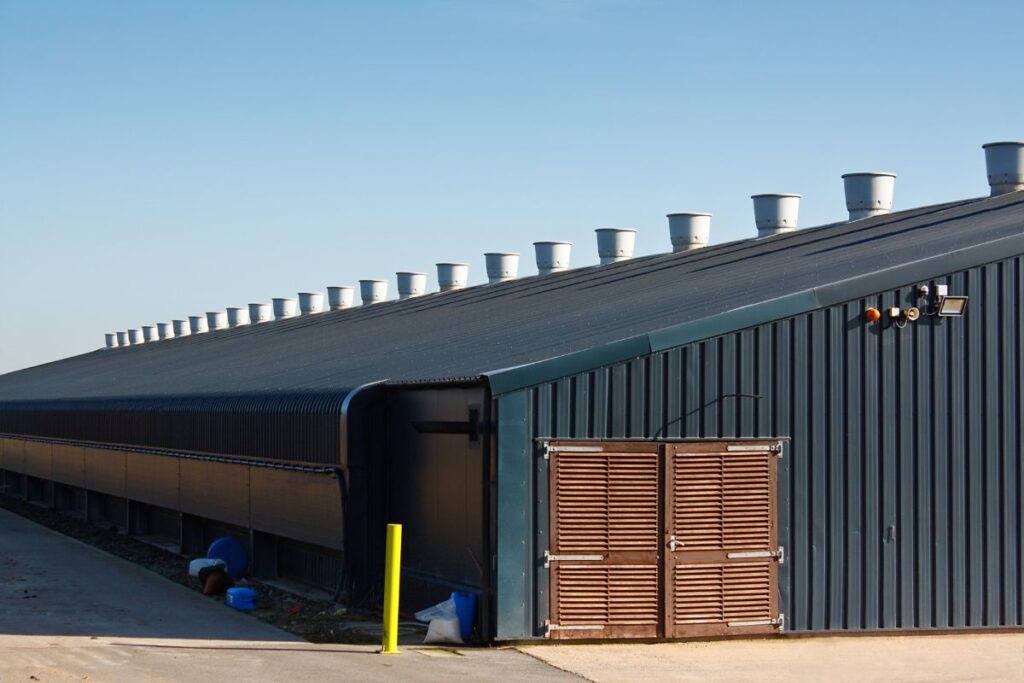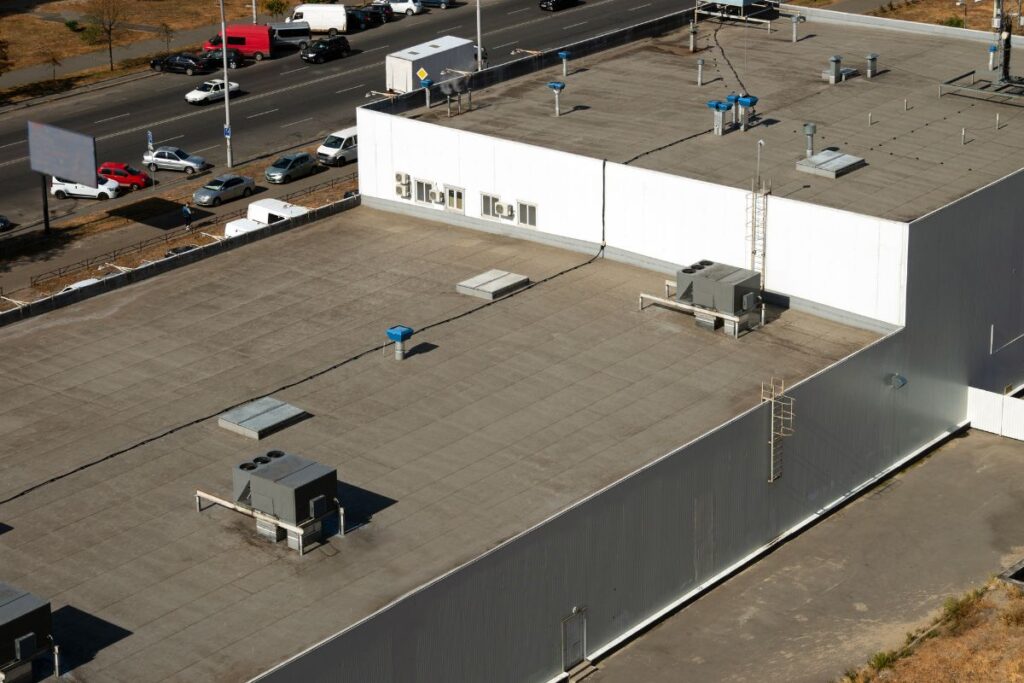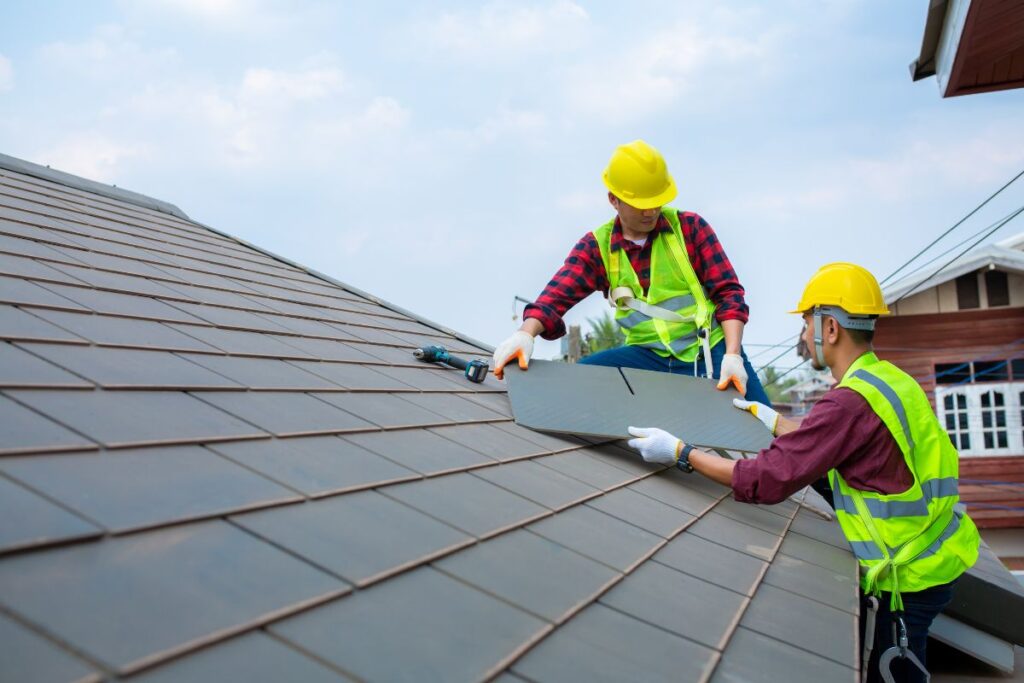Choosing the right roofing system for your commercial building is a crucial decision that impacts the building’s safety, energy efficiency, and long-term maintenance costs. Here are several factors to consider when selecting the best roofing system for your commercial property.
- Understand Your Building’s Needs
First, consider your building’s specific requirements. Is it a high-rise that needs to withstand strong winds? Does it house heat-sensitive equipment that would benefit from an insulating and reflective roofing material? Is the roof easily accessible for regular maintenance checks? Understanding these needs can guide your choice of roofing system.
- Consider the Climate
The climate of your location will significantly impact the longevity and performance of your roof. For instance, if your building is in an area prone to extreme weather conditions, choose a roofing system with excellent resistance to wind, hail, and temperature fluctuations. Similarly, buildings in warmer climates can benefit from reflective roofing materials to minimize heat absorption.
- Evaluate Roofing Material Lifespan and Durability
The durability and lifespan of the roofing material are essential to consider. Options like metal roofing and EPDM can last several decades with proper maintenance. Make sure the roofing material can resist common threats like UV radiation, weather damage, and wear and tear from foot traffic or equipment.
- Assess Installation and Maintenance Costs
An inexpensive roofing material might end up costing more in the long run if it requires frequent repairs and replacement. Consider both the initial installation cost and the ongoing maintenance costs. A slightly more expensive material that lasts longer and requires less maintenance might be more cost-effective over time.
- Sustainability
With an increased focus on environmental sustainability, consider roofing materials that are eco-friendly. For example, some roofing systems reflect sunlight to reduce heat absorption, lowering the building’s energy use. Also, consider materials that are recyclable or made from recycled content.
- Professional Guidance
Consult with a professional roofing contractor who has experience with commercial roofing systems. They can guide you on the best choices based on your budget, building type, and local climate, and they can ensure the installation is done correctly for optimal performance.
Remember, the commercial roof is an investment in your commercial property’s future, so take the time to research and make an informed decision.


